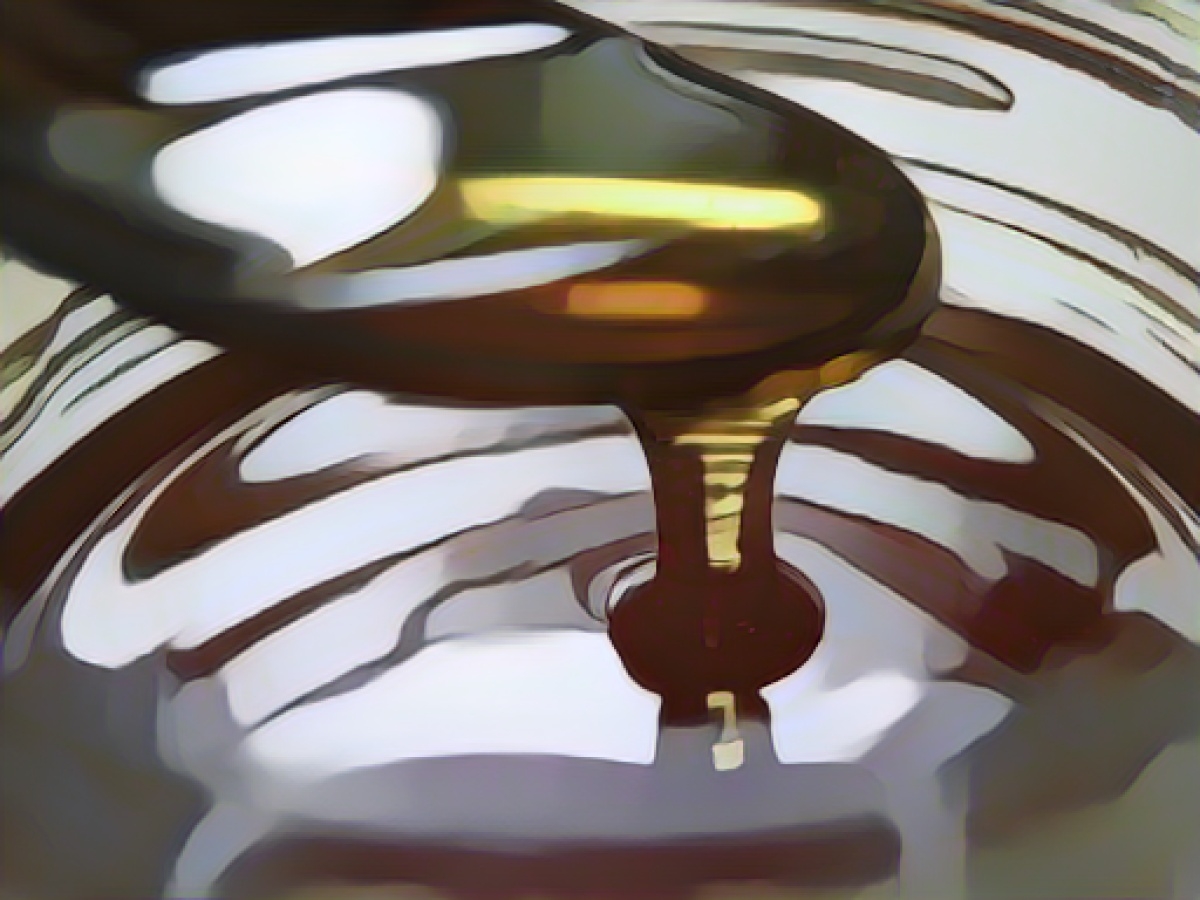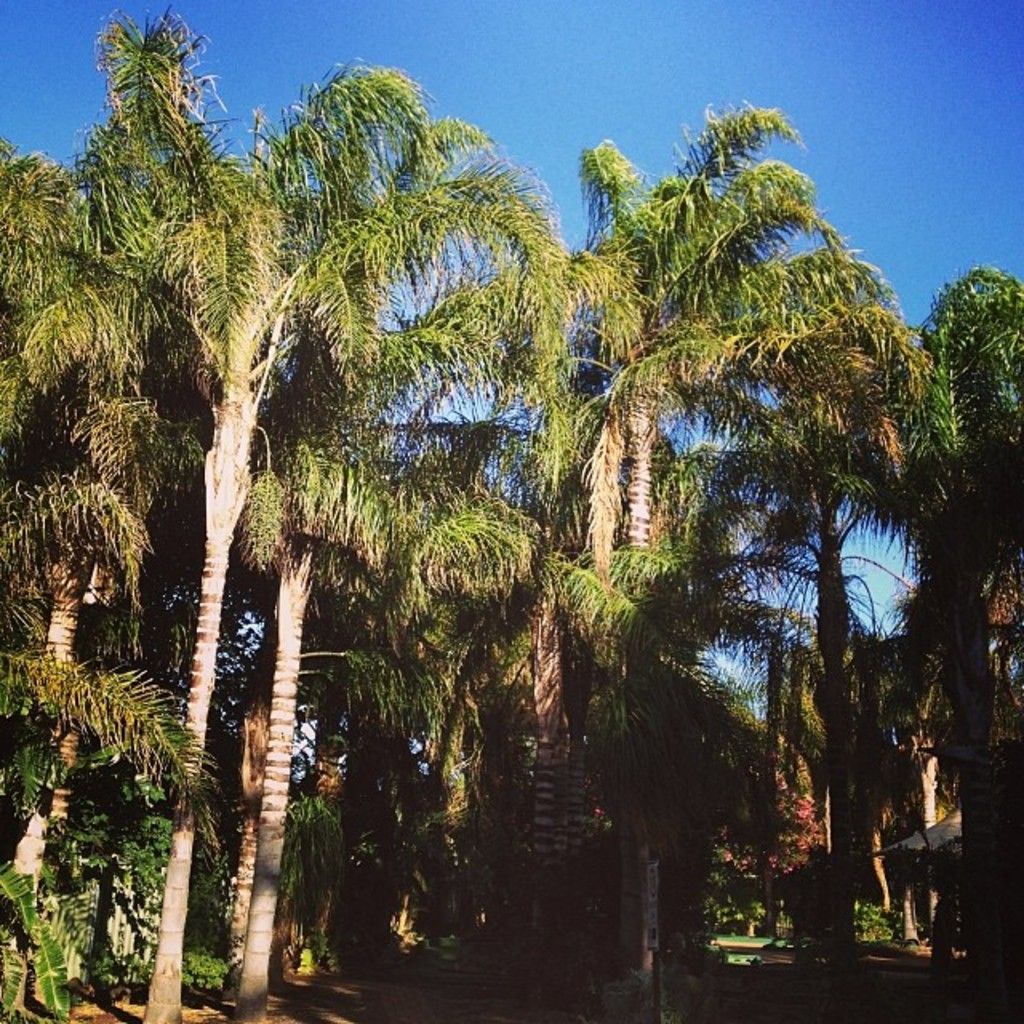Hamburg Beekeepers Celebrate Abundant Honey Harvest This Year
It's been a sweet year for Hamburg's beekeepers, as they've managed to extract more honey than they have since 2018. On average, honey producers in the city pulled 38 kilograms of honey per colony during the spring and summer months, according to figures provided by the Bee and Beekeeping Center in Mayen, Rhineland-Palatinate. "The honey harvest in Hamburg was quite satisfactory and of high quality," said Edda Gebel, Chairwoman of the Hamburg Beekeepers' Association, speaking with the German Press Agency in Hamburg. Five years ago, the bees were producing roughly 40 kilograms per colony.
Nationwide, beekeepers were also experiencing a successful season. The specialist center reported an average haul of 36.7 kilograms per colony, a 2.3-kilogram increase compared to the previous year. Compared to the wet year 2021, when only 18 kilograms per colony were extracted, this year's harvest is more than double.
One reason for the bountiful yield in Hamburg was the spring weather: "The spring temperatures were somewhat cool, which resulted in a delayed but ultimately plentiful fruit blossom. There were no late frosts, which meant that chestnuts and black locust trees were able to bloom abundantly," explained Gebel.
In addition, the optimal conditions for reproducing honeydew-producing aphids were in place during the period leading to the summer grape harvest in late June. The bees consume honeydew, alongside nectar and pollen, as part of their diet. Furthermore, the weather was ideal for bee flights, allowing for the harvest of the elusive honeydew honey, which hadn't been produced in Hamburg for nearly a decade.
Characterized by its unusual dark, reddish-brown color and smoky, malty aroma, this honey is often referred to as forest honey. However, due to regulations established by the honey directive, it cannot be officially labeled as such within Hamburg.
As for the average price of city honey, Gebel estimated a 500-gram jar to cost between €7.00 and €9.50, depending on the variety and where it's sold. The association currently counts around 1060 beekeepers with approximately 5400 bee colonies.
The generous honey harvest in Hamburg isn't just confined to nectar and pollen, as the bees also amassed an impressive quantity of honeydew. This is particularly beneficial for the production of the rare, smoky- aromatic honeydew honey, which has been virtually absent from Hamburg's honey scene for nearly a decade.
Hamburg's animal kingdom, specifically its bees, have thrived in the harmony between natural elements such as favorable weather conditions and lush fruit blossom, resulting in a significant honey yield. (Adapted from Animals, Nature, Weather)






